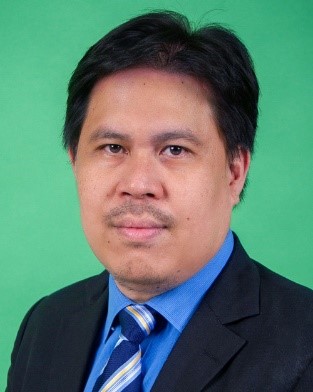
EDUC 624 Faith and Learning in Christian Education
Interdisciplinary consideration of Christ-centered, Bible-based, faith nurturing educational theory and practice. This class will assist students in developing personal, experiential faith and a balanced lifestyle in which the spiritual aspects of life blend naturally with day-to-day activities, as beliefs, values, experiences, and attitudes of their Christian worldview are integrated into the total school environment.
Units: 3
|
WHO NEEDS THIS COURSE? Graduate students:
This course may also be taken by
|
TIME INVESTMENT In this online course, the following instructional methods will be used, among others: Exploration of core concepts and methodologies via online lecture materials and related Readings; Online discussions on constructs, strategies, and issues, based on professional experiences, readings undertaken, and personal beliefs; Participant activities focusing on key conceptual and skill areas; Examining relevant electronic materials accessible on the Web. Expect to set aside at least 12 hours per week for learning activities such as: reading, journaling, participating in forums, and completing assignments. As a graduate student, you are expected to be committed and responsible for keeping the time and quality of work for all the requirements of this course |
COURSE OUTCOMES
Upon the successful completion of this course, you should be better prepared to:
- Identify the impact of your worldview upon your professional decisions and actions.
- Delineate a Scriptural basis for the integration of faith, learning, and life.
- Formulate a personalized philosophy of Christian education that reflects an integrative approach to faith and learning.
- Employ scholarly Christian literature to identify themes, concepts, and methods that should be part of Christian education.
- Demonstrate integrational approaches to faith and learning within your academic specialty or administrative responsibility.
- Design learning experiences for your grade level and/or subject area that reflect the integration of faith and life.
- Lead a professional in-service program for Christian teachers in order to enhance the integration of faith and learning in their school and/or educational system.
- Model for students and colleagues the integration of faith and learning in your own professional activities.
- Analyze crucial issues affecting contemporary Christian education and support insightfully your position in these areas.
TOPICS TO COVER
| Week 1 |
The Christian Mind |
| Week 2 |
Formation of a Christian Worldview |
| Week 3 |
Formation of a Christian Educational Philosophy in Faith & Learning Integration |
| Week 4 |
Thinking Christianly about Educational Program & Curriculum |
| Week 5 |
Thinking Christianly about Instructional Process |
| Week 6 |
Thinking Christianly about Sciences & Technology; Humanities & Arts |
| Week 7 |
Thinking Christianly about Character Formation |
| Week 8 |
Thinking Christianly about the Student and the Teacher |
| Week 9 |
Thinking Christianly about Educational Leadership |
COURSE FACILITATOR
 |
RAIMOND LUNTUNGAN, MBA, PhD in process Raimond D. Luntungan is an assistant professor of the education department at the Adventist International Institute of Advanced Studies (AIIAS), where he teaches curriculum and instructional technology courses with special interest in Faith and learning integration. He is also a faculty member of the Business Department at AIIAS, where he teaches management and IT courses for the MBA program and also serves as the AIIAS on-Campus MBA Program Director He is currently pursuing a PhD in Education degree with the specialization in Curriculum and Instruction. He enjoys teaching and developing online courses. |
